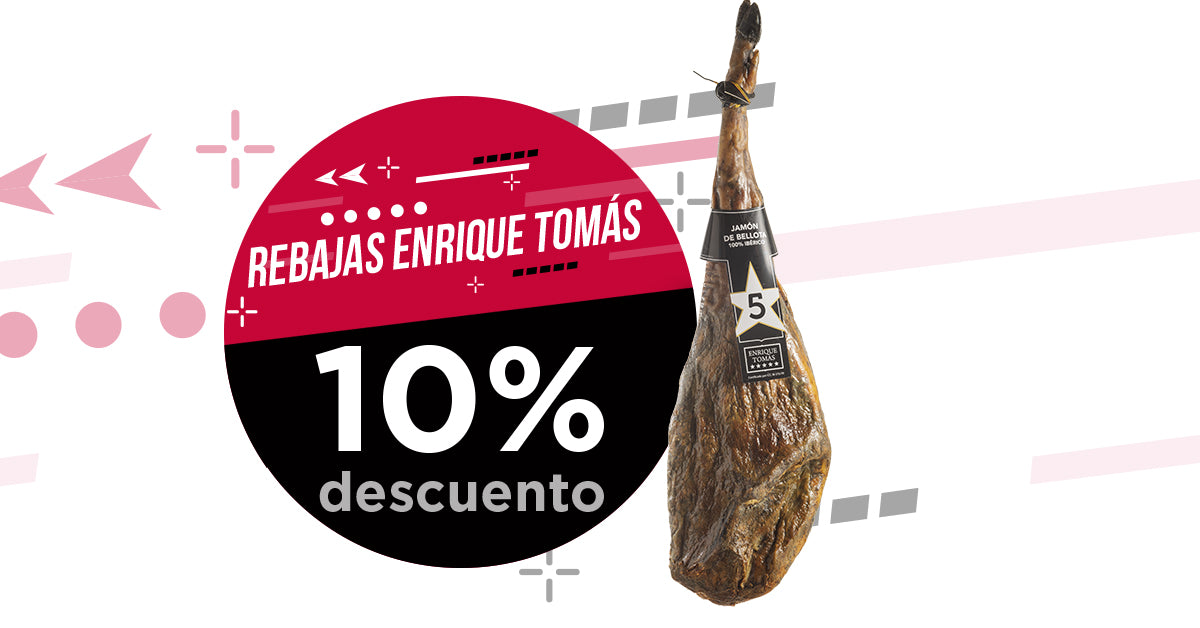
Tradition
Iberian ham (jamón ibérico) is a culinary tradition in Spain that dates back many centuries. It is a highly appreciated and valued food by Spaniards, and is considered a true gastronomic delicacy.
The rearing of Iberian pigs and the production of Iberian ham is a deep-rooted tradition in many regions of Spain, especially in Extremadura, Andalusia and Castilla y León. The pigs are raised free-range in the dehesas, a type of Mediterranean forest where they can feed on acorns, grasses and other natural resources. This type of feeding gives Iberian ham its characteristic flavour and aroma.
The production of Iberian ham is a long and laborious process that requires a lot of skill and experience. The front and hind legs are salted and hung in special cellars to dry and mature slowly for several months or even years. During this process, chemical changes occur in the meat that give the ham its unique flavour and texture.
Iberian ham is considered a gourmet product and is highly valued by Spaniards, especially during celebrations and special events. It is commonly served in tapas dishes or as part of a charcuterie board along with other local products. In many regions of Spain, the “Fiesta del Jamón” is also celebrated, where local producers compete for the best Iberian ham.
In short, Iberian ham is a very important tradition in Spanish gastronomy and represents a real delicacy for the most demanding palates. Its production is an artisanal process that has been passed down from generation to generation, and is a sign of the Spanish people’s love and respect for their culture and their land.





